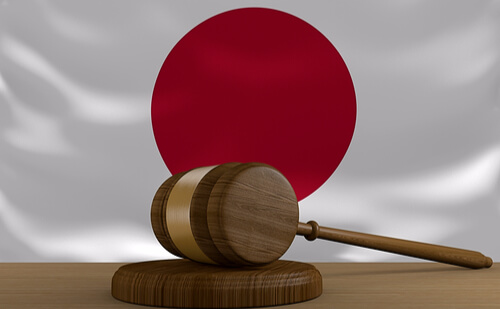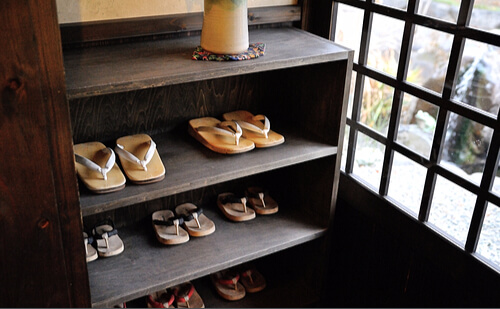4 Things You Must Know When Staying at a Japanese Minpaku (Airbnb Style Apartment Sharing)
Renewed Japanese emphasis on tourism may finally loosen regulations for airbnb styled private stay accommodations (minpaku in Japanese), giving more options to travellers to Tokyo. This came about with the official forecast that annual visitors shall reach a historic high of 24 million in 2016, with the goal of achieving 40 million by 2020 with the Tokyo Olympic Games that has already generated so much interest. But if you are planning a trip soon, future laws may not help. So, what do you have to keep in mind if you plan to stay in a Minpaku at the moment? Tokyo.com has the information, just for you!

1. Minpaku are legal in Tokyo
Be glad you are travelling to Tokyo! After all, minpaku are not fully legal everywhere in Japan (here are the 6 “Special Strategic Deregulation Zones” if you are familiar with Japanese geography). ONLY Tokyo and Osaka has bylaws expressly permitting minpaku and provides licensing. For your safety, it is strongly recommended that you only use licensed minpaku.

2. Minimum Legal Minpaku Stay is 2 Nights
In Tokyo where Minpaku expressly legal with bylaws, conditions still apply! Namely, you have to stay for 2 nights and 3 days. If you are going to travel away from Tokyo, however, it is recommended that you talk to the minpaku operator. OR, for the academically inclined, Professor Tomikawa of Hiroshima Shudo University has published a “simple” explanation detailing the policy.

3. Staying in a Minpaku Means Respecting Local Customs
Many Japanese customs are self-explanatory, like playing drums in the middle of the night or otherwise causing a ruckus. However, some rules are not as simple for foreigners, particularly:
A. taking your shoes off when you enter the minpaku;
B. always being polite to the neighbours as locals may not be accustomed to foreigners in their building.

4. Check Whether You Are Responsible for “Chores”
Yes, chores. Japanese culture is one renowned for their discipline as the Economist reminds, and they may often expect chores from their guests as well. Garbage collection duties on certain days, for example, may be expected from travellers. This is particularly true since the host sometimes does not stay at the minpaku. So, make sure you check with the host what chores you are expected to perform (or if you are lazy, feel free to check out other accommodations in Tokyo).